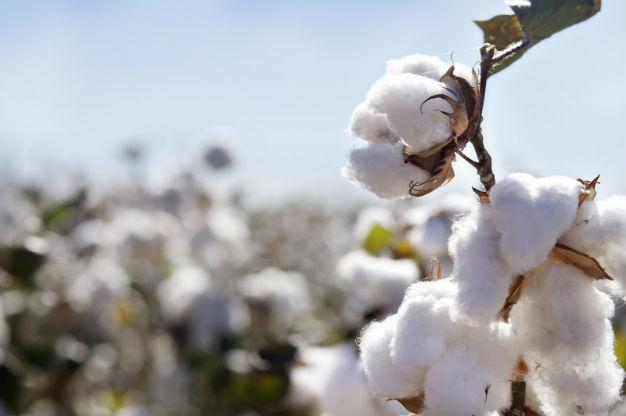US cotton imports damaging Turkish production: Probe
ISTANBUL - Reuters
 Turkey said it has concluded that U.S. cotton imports are damaging domestic output after a more than year-long review, dealing a potential blow to the world’s No. 3 grower of natural fiber amid concerns Ankara could resort to anti-dumping duties.
Turkey said it has concluded that U.S. cotton imports are damaging domestic output after a more than year-long review, dealing a potential blow to the world’s No. 3 grower of natural fiber amid concerns Ankara could resort to anti-dumping duties.“Cotton imports originating from the United States have caused material damage to local production,” the Economy Ministry said in an interim investigative report.
U.S. and Turkish traders are invited to send in responses to the report by Feb. 24, a ministry official said. A final report would then be drawn up “in a reasonable amount of time.”
A committee would then decide whether to advise that anti-dumping tariffs be imposed.
“The fact that U.S. cotton imports were identified as a main reason for damage and that dumping margins were spelled out leads us to think that Turkey is willing to impose measures,” Bülent Hacıoğlu, an attorney at Istanbul-based trade law firm Trade Resources, told Reuters.
The report said the majority of U.S. cotton was sold to Turkey by four firms: LD Commodities Cotton LLC (LDC), Noble Americas Resources Corporation, Cargill Cotton Business Unit and Staple Cotton Cooperative Association.
The investigation calculated the dumping margin at 3.14 percent of cost insurance and freight (CIF) prices for Cargill, 5.89 percent for Noble, 6.17 percent for Staple and 7.91 percent for LDC.
The margin for other exporters was calculated at 5.9 percent. The figures show the maximum tariffs Turkey could impose on U.S. cotton.
The inquiry was launched in October 2014 and needs to be finalized by April 18, according to local regulations.
U.S. cotton made up around half of Turkey’s cotton imports in 2012-2014. In 2014, Turkey imported 450,226 metric tons of U.S. cotton, worth 915 million dollar according to the report.
Turkey was the world’s seventh-largest producer of cotton last year with 2.65 million bales of the crop, according to data from the National Cotton Council of America.
















